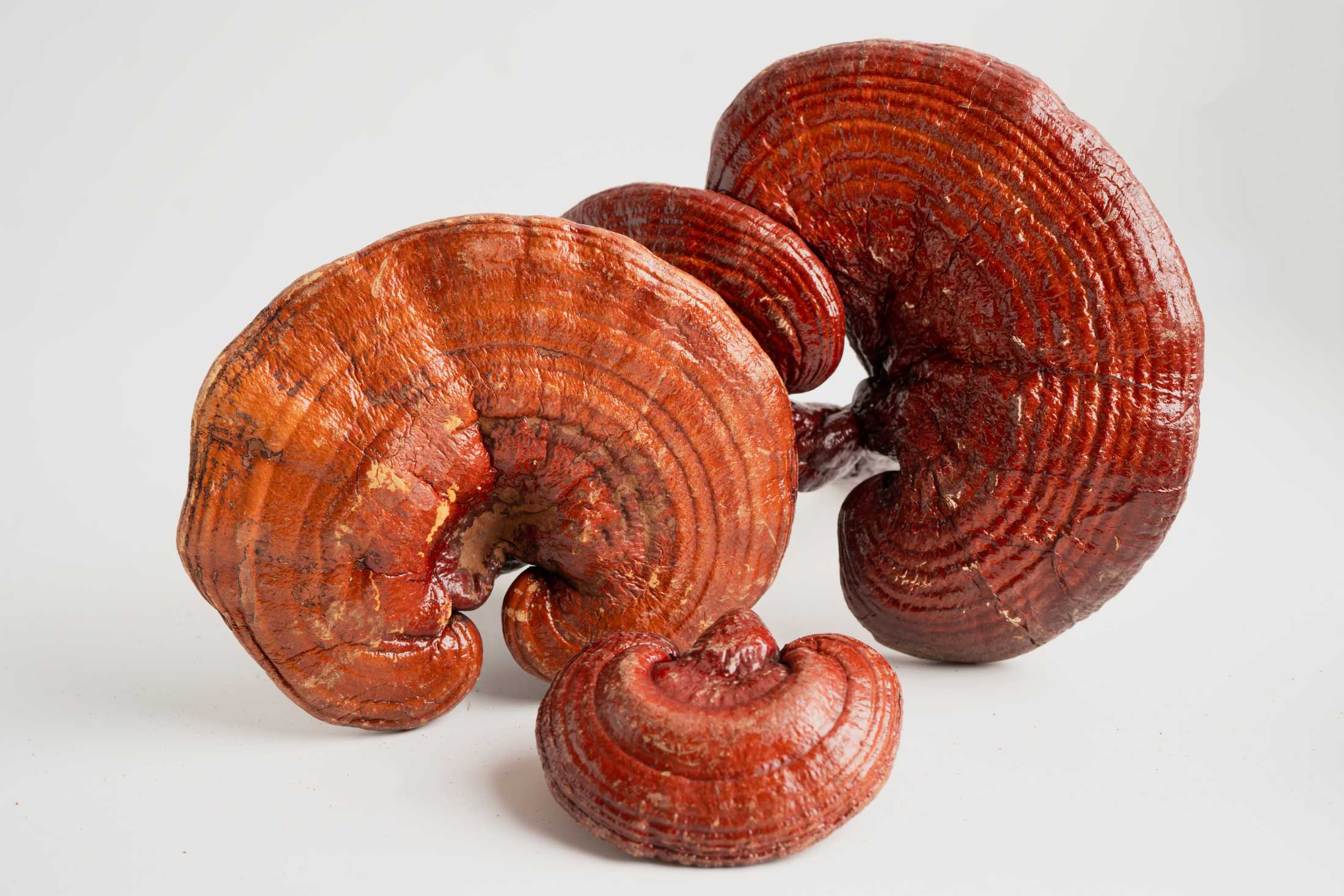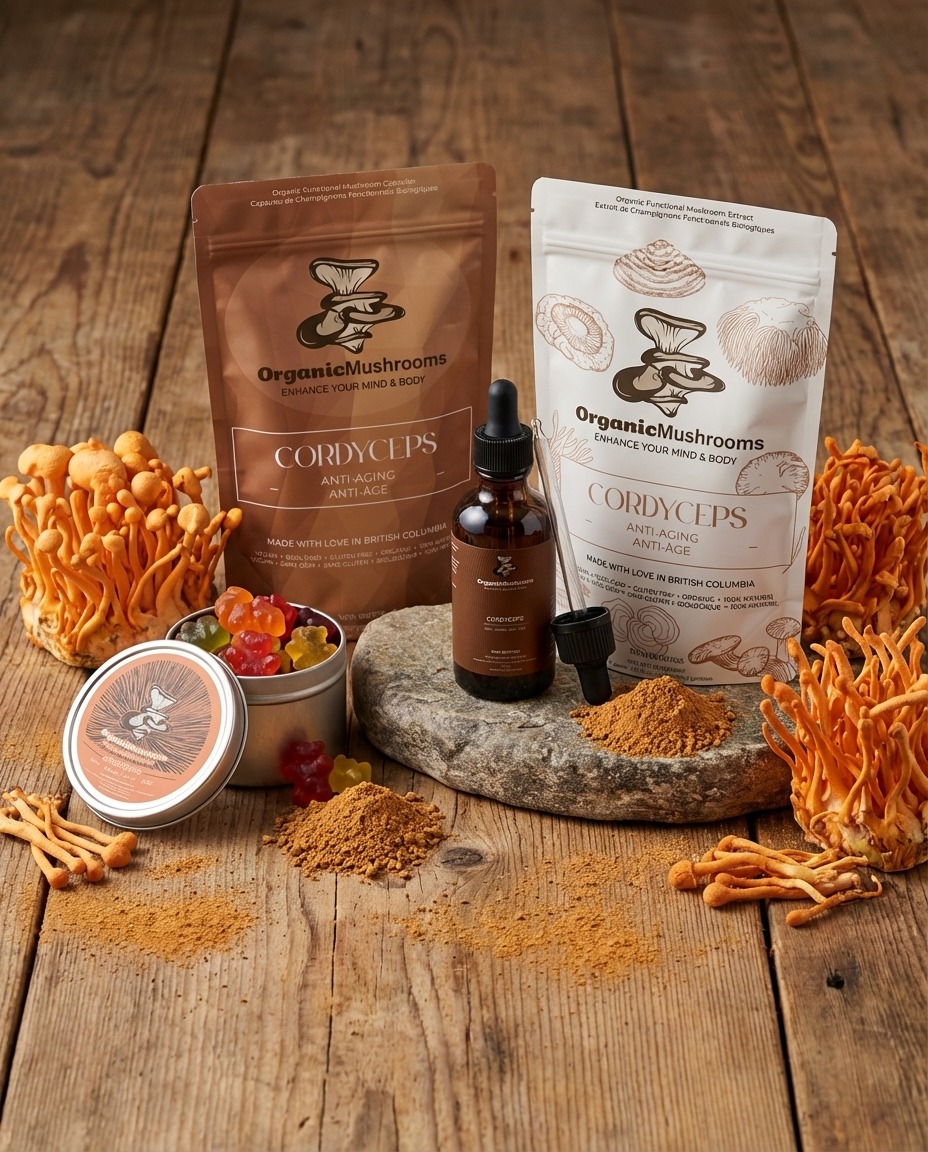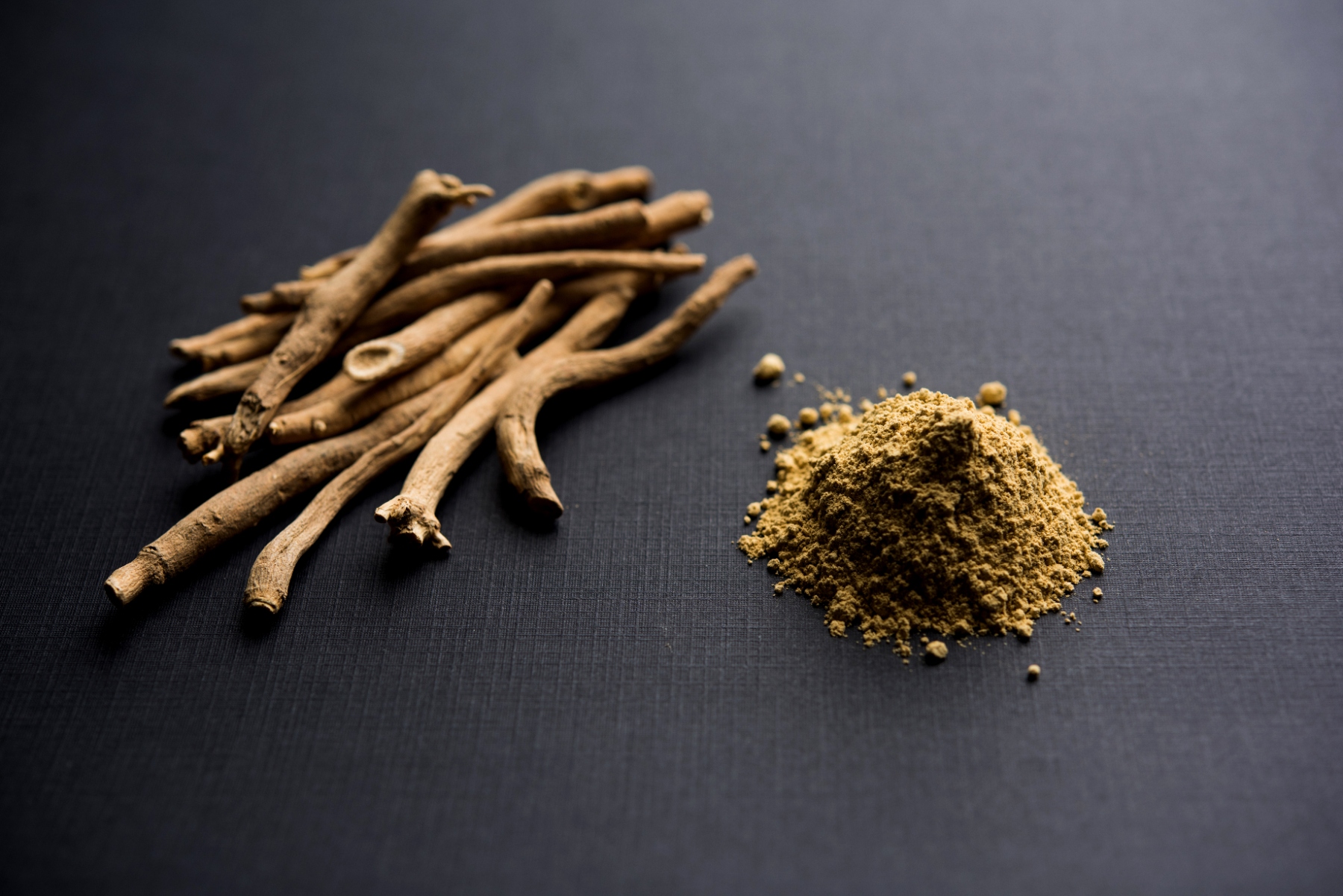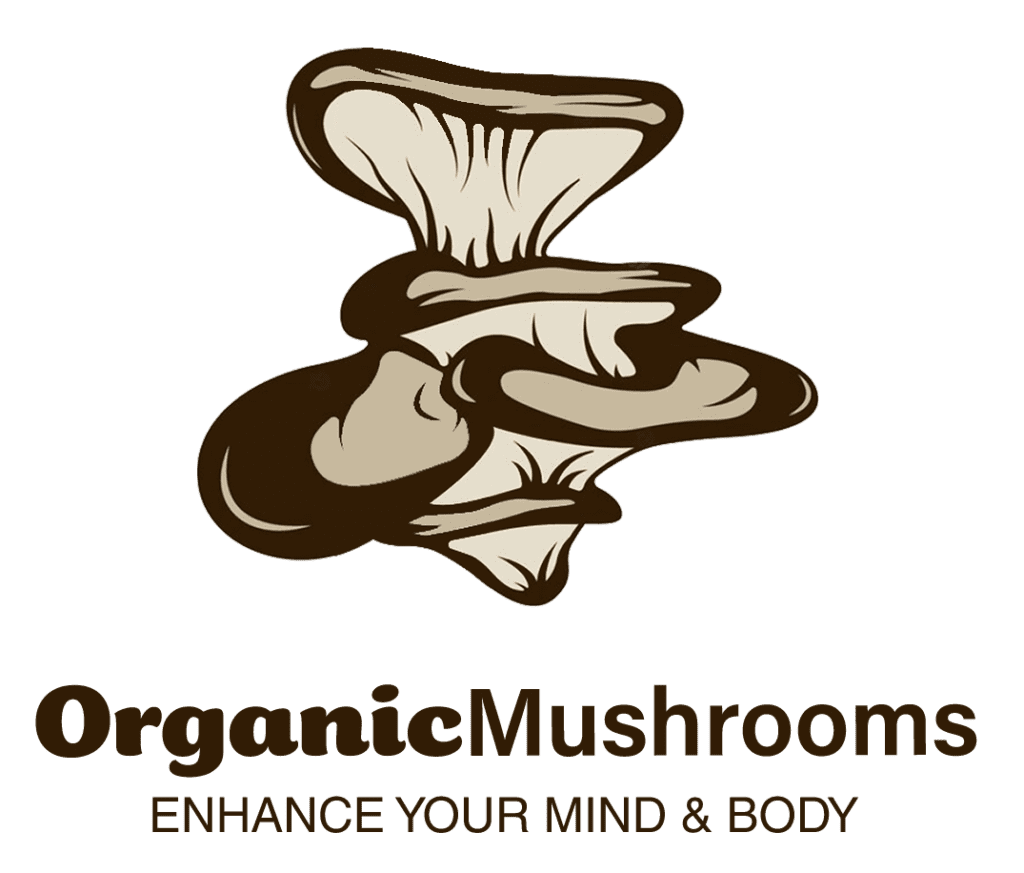This post explores some recent health claims surrounding Cordyceps mushrooms, specifically through some recent studies conducted looking into their medical properties and the overall improvements individuals experience through them. We will leave links to the studies so you can view them for yourself in addition to our breakdown of them.
Abstract
Cordyceps, a traditional Asian medicinal fungus, has been used for centuries to boost vitality and immunity. Its growing popularity in the global market has sparked numerous studies on its bioactive properties, with potential health benefits ranging from antimicrobial and anticancer effects to antioxidant, anti-inflammatory, and organ-protective functions. While debate continues on whether Cordyceps acts more as a health supplement or a true pharmaceutical, the mushroom’s rich nutritional profile and active compounds, like cordycepin and cordycepic acid, make it a promising candidate for both health and wellness applications. The review explores Cordyceps’ ecological background, chemical components, and cultivation methods, shedding light on its diverse and evolving roles in both traditional and modern medicine.
Conclusion
Cordyceps and its bioactive compounds, like cordycepin and cordycepic acid, hold immense therapeutic potential against serious diseases. Advances in cultivation techniques, especially for species beyond Cordyceps militaris, could make these valuable compounds more accessible and reduce the cost of this expensive medicinal mushroom. However, further in vivo studies are needed to fully evaluate the clinical effects of Cordyceps metabolites, potentially paving the way for its certification as a medical drug.
Second Study: The health benefits of Cordyceps militaris
Abstract
Edible mushrooms, especially Cordyceps, are valued for their nutritional and medicinal properties. Cordyceps, found in high-altitude regions, contains bioactive compounds like cordycepin and polysaccharides, which offer benefits such as anti-inflammatory, antioxidant, cell regeneration, and immunomodulatory effects. Cordyceps is a key component of traditional medicine and is gaining attention for its potential in modern therapies.
Conclusion
Cordyceps militaris has long been used for its medicinal benefits, including immune modulation, anti-inflammation, anti-cancer, anti-diabetic, and anti-aging effects. Its potency is largely due to compounds like cordycepin and polysaccharides. While its anti-cancer properties have been shown in various studies, the exact mechanisms remain unclear. Cordyceps militaris may hold promise for cancer prevention and treatment, but more research is needed to understand its molecular targets, optimal dosage, and safety, especially in combination with chemotherapy or radiotherapy. Beyond cancer, it is also valued for promoting general health, potentially aiding in conditions like arthritis, HIV, and Crohn’s disease, making it a valuable food supplement for preventing and managing metabolic and infectious diseases.
Final Thoughts
Both studies looked into the traditional use of Cordyceps, specifically in ancient China, and found that they hold up in today’s medical world. The first study concluded that Cordyceps mushrooms hold very promising potential to help fight serious illness. The second study concluded that Cordyceps holds properties that could potentially aid with conditions such as arthritis, HIV and Crohn’s disease. Both studies urged for further research into the mushrooms to further back up these claims.
It’s no doubt that Cordyceps mushrooms are a gift of nature, with multiple studies finding the same outcomes. If you would like to experience this functional mushroom for yourself, take a look at our Cordyceps products!




